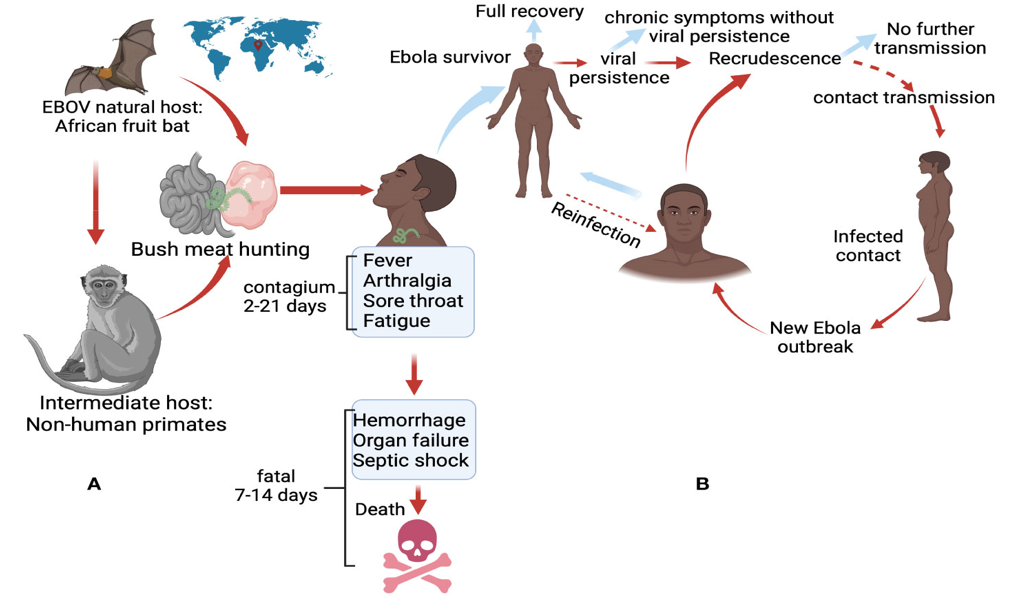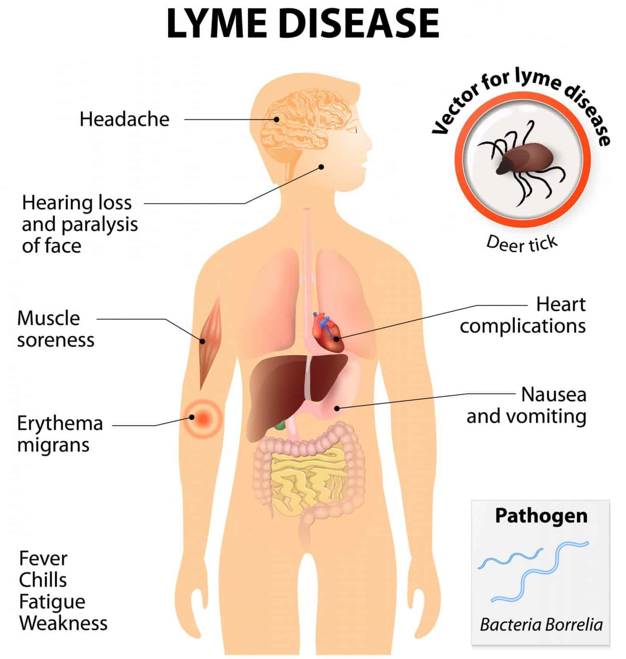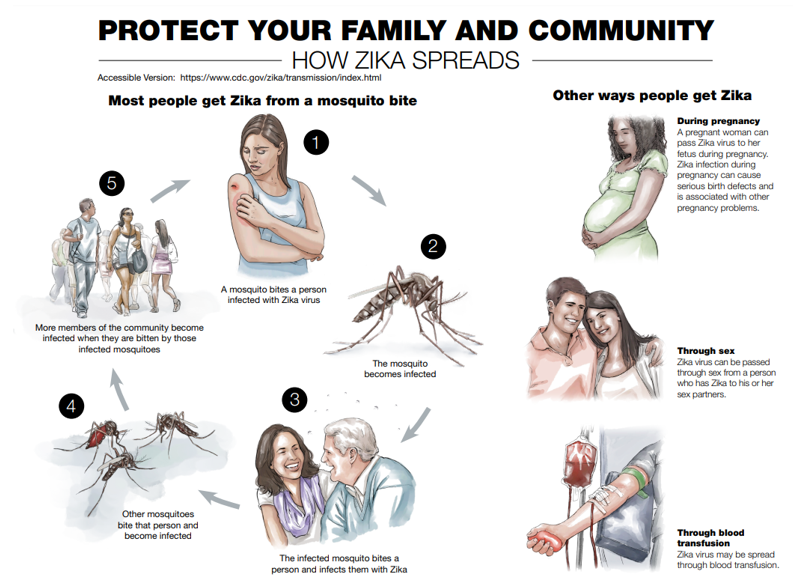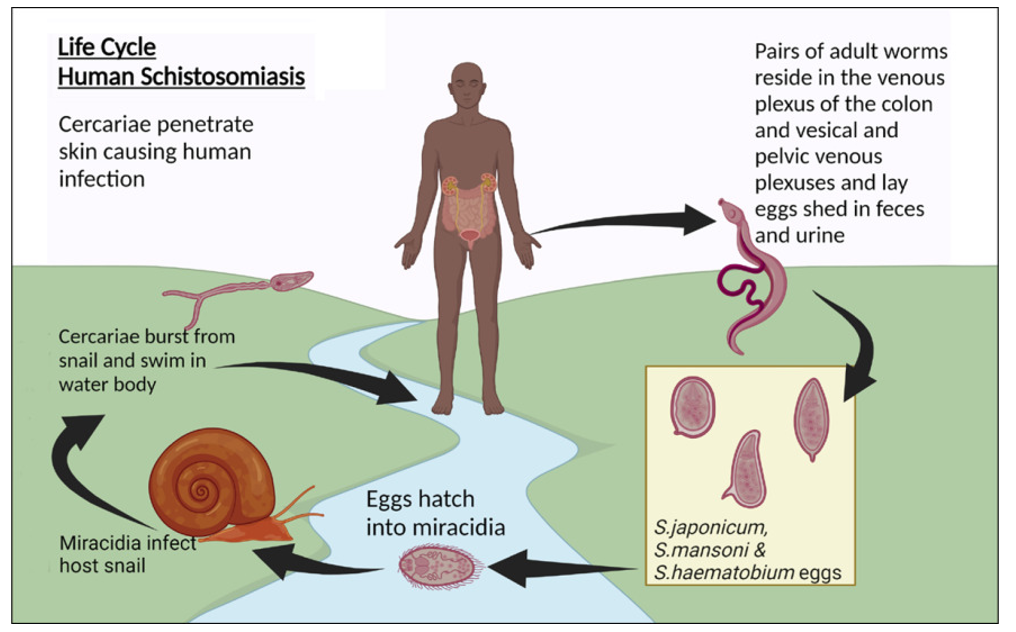Non-Vaccine preventable diseases and advice to give
Key information for travellers regarding non-vaccine preventable travel diseases. Clicking the name of the disease takes you to the NathNac page for that disease.
What is it? Ebola is an infectious disease caused by a virus (filovirus). It was first recognised in 1976 when two outbreaks were reported in the Democratic Republic of the Congo, near the Ebola River, and in South Sudan.
Prevention: Avoid anyone with symptoms, avoid contact with blood and body fluids and any items that may have been contaminated, follow safe sex, follow good food, water and personal hygiene. There is currently no licenced vaccine available in the UK.
What is it? Zika virus (ZIKV) infection is spread by day-biting mosquitoes. A small number of cases of sexual transmission of ZIKV have also been reported. ZIKV is a flavivirus (similar to Dengue) and was first discovered in a monkey in the Zika forest, Uganda in 1947. It is found in parts of Africa, Asia, the Pacific Islands, Central and South America and the Caribbean.
Prevention: Travellers should be aware of the risk of ZIKV in the destination to be visited. Information about ZIKV transmission in affected countries. Prevention is by minimising mosquito bites. The mosquito that spreads ZIKV is most active in daylight hours. Travellers should be vigilant with insect bite avoidance.
What is it? Schistosomiasis (also known as bilharzia) is a parasitic disease, most commonly found in tropical regions, especially Africa. Schistosomiasis infection occurs by direct contact with contaminated water. Larval forms of the parasite live in certain types of snails and are released into infested lakes and rivers. These larvae can penetrate human skin and move into internal organs.
Prevention: Avoid contact with freshwater rivers and lakes in risk areas whenever possible. this includes drinking, washing, swimming, and playing in the water.




